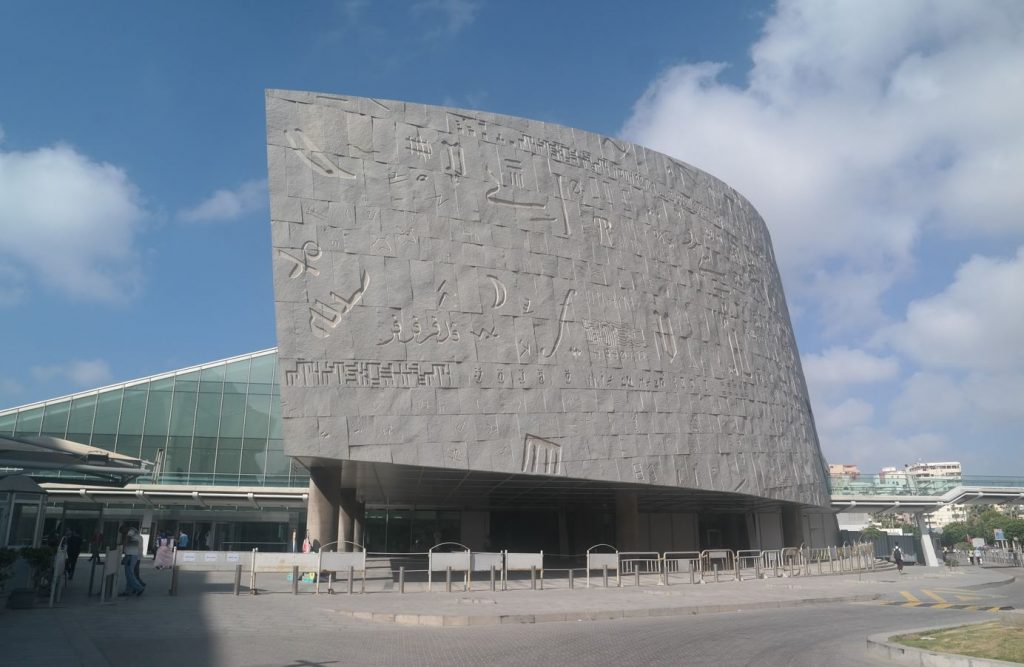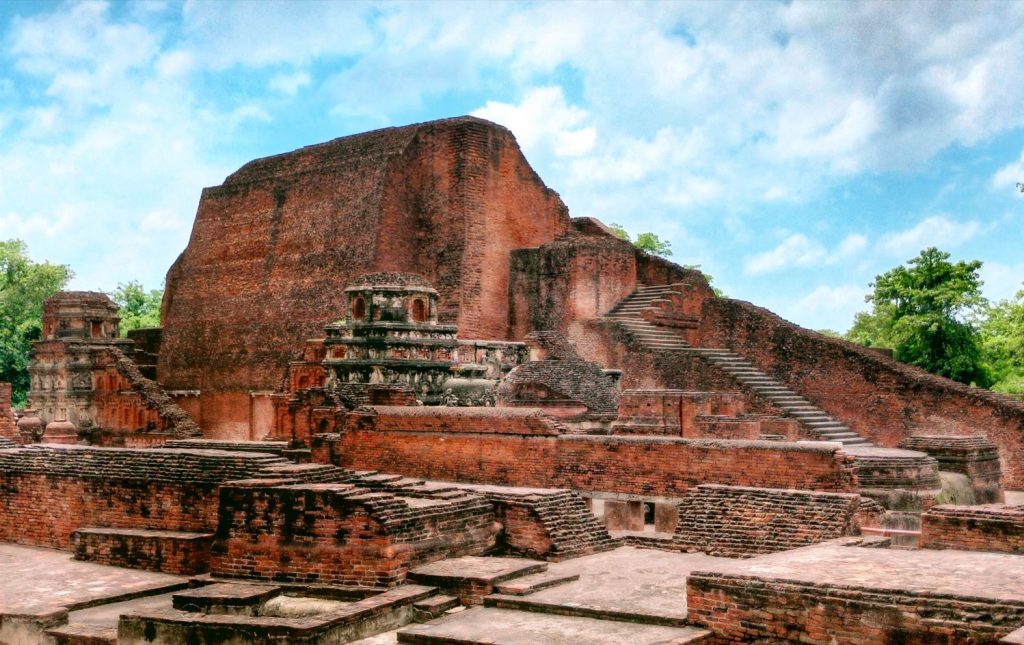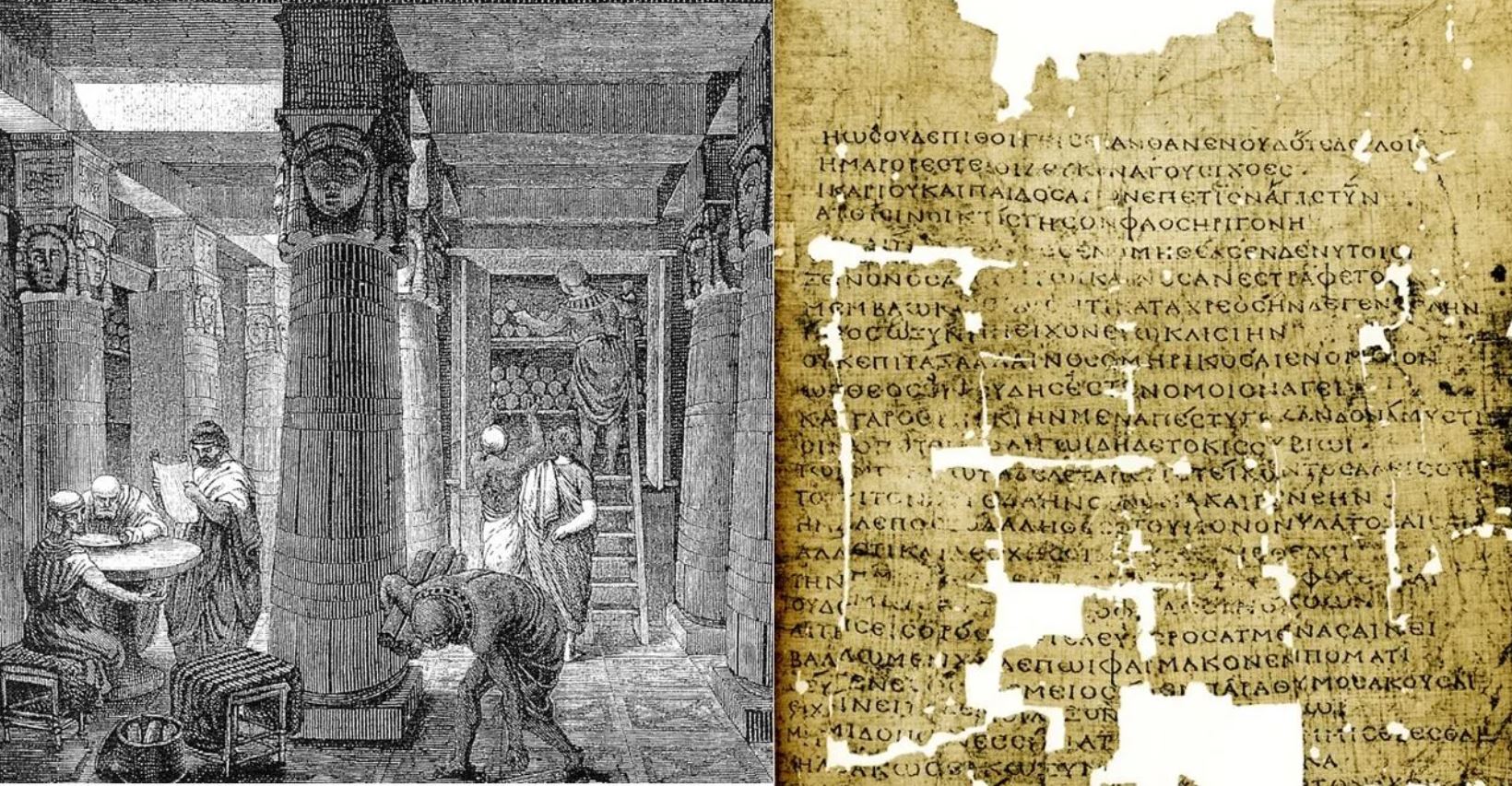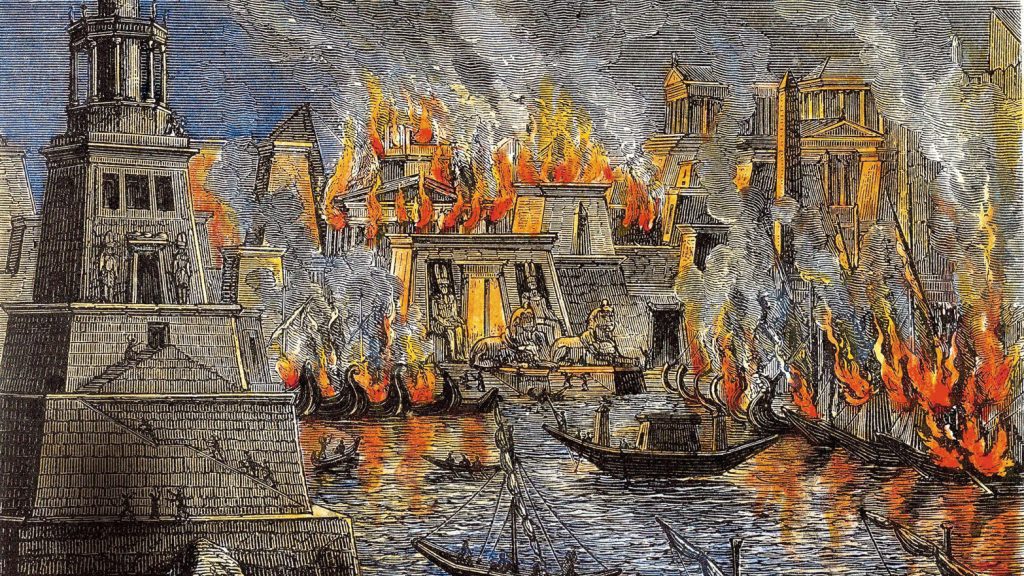The Library of Alexandria was one of the largest and most famous libraries of the ancient world, located in Alexandria, Egypt. It was built in the 3rd century BCE and was a center of learning and knowledge, attracting scholars from all over the world. The library was said to have held over 700,000 scrolls of information on a wide range of subjects, including science, mathematics, history, philosophy, and literature.
The exact events that led to the destruction of the library are not clear, but several theories exist. One theory is that Julius Caesar burned the library during his siege of Alexandria in 48 BCE. According to this theory, the fire that burned down the city also consumed the library. Another theory suggests that the library was destroyed by invading Arab armies in the 7th century CE. Still, others believe that the library was destroyed by religious fanatics who saw the collection of books as a threat to their beliefs.
Regardless of the exact cause of its destruction, the loss of the Library of Alexandria was a significant blow to knowledge and culture. The library was not only a repository of information, but it was also a center of scholarship and learning, where scholars could come to study and share their knowledge. The destruction of the library effectively erased a significant part of human history and knowledge, and its loss is still felt today.
The legacy of the Library of Alexandria lives on, however, as a symbol of the importance of preserving knowledge and intellectual heritage. The library was a testament to the power of the human mind and its ability to create, preserve, and pass on knowledge from generation to generation. Despite its destruction, the library continues to inspire people to seek knowledge and to work to preserve the cultural heritage of humanity.
The rebuilding of the Library of Alexandria has been underway since the late 20th century. A new library, known as the Bibliotheca Alexandria, was built in the same location as the original library and officially opened in 2002. The new library is dedicated to preserving knowledge and promoting learning and research, much like the original library of Alexandria. It is a symbol of the enduring spirit of inquiry and the desire to understand and explore the world around us.

Other Important Libraries which were demolished
The destruction of the Library of Alexandria was part of a broader trend of the demolition of ancient libraries and knowledge. Throughout history, many important libraries and repositories of knowledge have been destroyed or lost due to wars, invasions, and religious conflict. For example, the Library of Pergamum in what is now modern-day Turkey was one of the great libraries of the ancient world, but much of its collection was lost or destroyed over time. The same can be said of the Library of Nalanda in ancient India, which was one of the largest Buddhist monastic universities but was sacked and destroyed by invading forces. The loss of these libraries, along with the Library of Alexandria, represents a significant loss of human knowledge and culture and serves as a reminder of the fragility of our intellectual heritage.

What we would have achieved if the Library existed?
If the Library of Alexandria had not been destroyed, it is possible that the world would have a much deeper understanding of the ancient world and the knowledge that was lost. The library was a center of learning and scholarship, attracting scholars from all over the world and housing a vast collection of scrolls on a wide range of subjects. The preservation of this knowledge could have had a profound impact on the development of science, mathematics, history, philosophy, and literature. For example, some of the lost works of Aristotle and Euclid, which were said to be housed in the library, could have advanced our understanding of logic and mathematics. The preservation of the library’s collections could also have led to the preservation of much of the ancient world’s cultural heritage and history. The loss of the Library of Alexandria is a reminder of the fragility of knowledge and the importance of preserving our cultural heritage for future generations.




Comment here